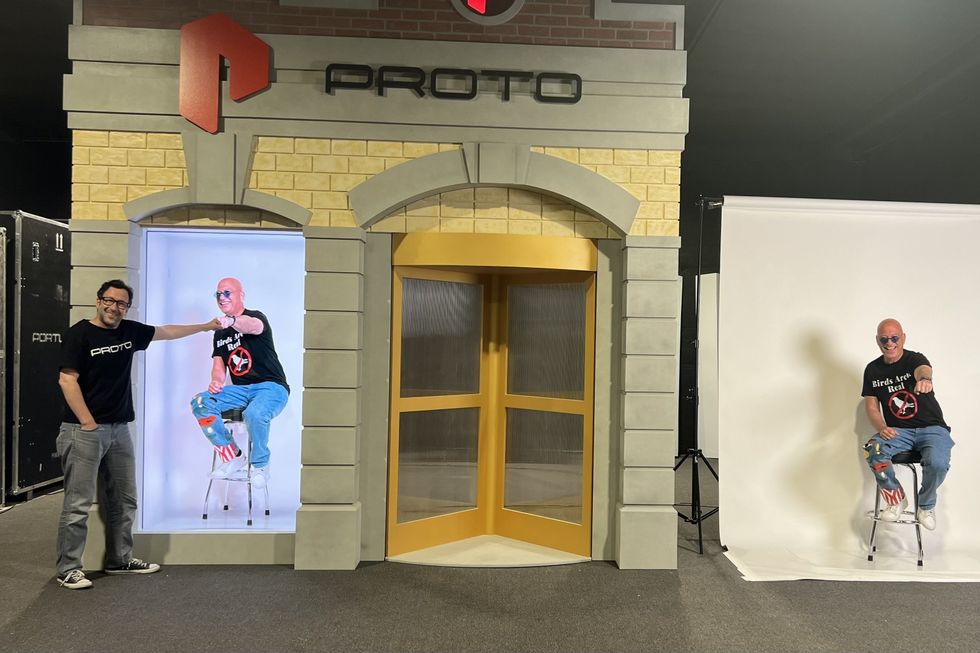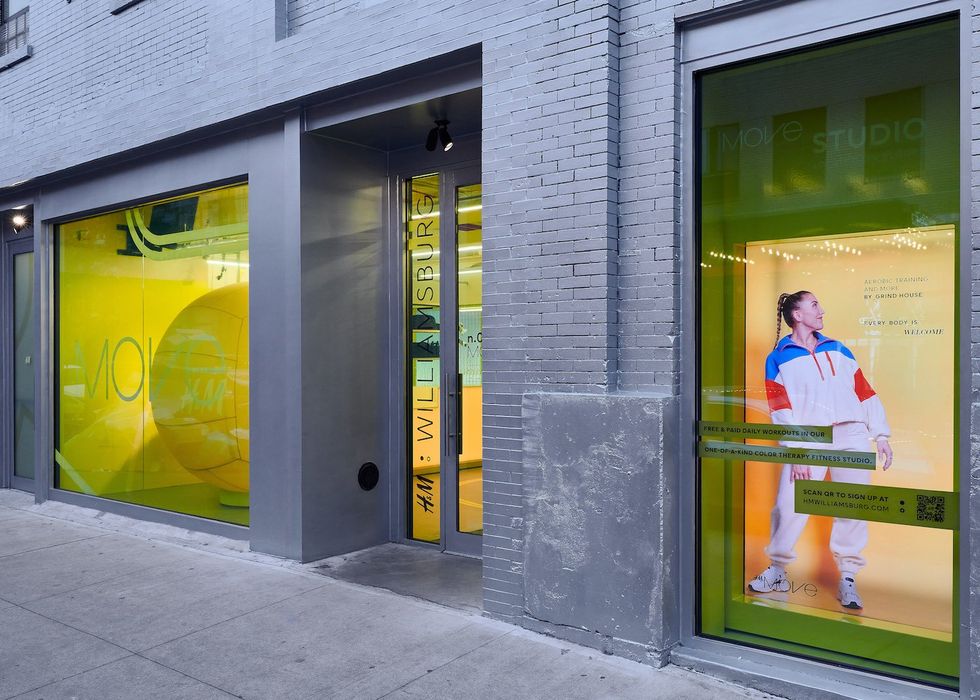Virtual reality healthcare company AppliedVR could soon be the first company to get a VR device covered by Medicare. The Los Angeles-based health tech firm launched in 2015. Since then it has been steadily working towards making its main product, a virtual reality headset and software for managing chronic pain called RelieVRx.
Instead of directly treating the physical pain, the device focuses on altering brain function to manage it. Currently, the company’s main area of focus is alleviating chronic lower back pain, one of the most common causes of continual pain. The idea is that while the discomfort might stem from something related to the body, it’s the brain that processes those feelings.
AppliedVR’s device, in part, encourages the wearer to breathe. As the wearer exhales, the headset shows them their breath particles in VR. Once the breathing slows down, the headset shows a landscape with trees growing and plants blooming. The technology is based on an age-old Buddhist technique referred to as Anapanasati, and it’s a simple way to train the brain to focus on other stimuli instead of pain.
With an estimated 50 million American adults – about 20% – living with chronic pain, a device like RelieVRx could be a godsend for many. The wide-ranging condition is also expensive to treat: the annual cost of chronic pain treatment was estimated to be around $635 billion in a 2012 survey from the American Pain Society.
To that end, there’s plenty of indicators that VR can help patients manage behavioral health issues and chronic pain. In 2021, a study found that virtual reality cognitive behavioral therapy had positive effects on subjects with anxiety and depression. Harvard Medical School has also endorsed the technology. Numerous hospitals around LA have experimented with the devices, including Cedars-Sinai and Children’s Hospital Los Angeles, which used VR to soothe and distract kids when having their blood drawn.
Another local company, Tripp, is developing a similar technology – it uses VR headsets to simulate psychedelic trips and guide users through breathing meditations to cope with depression and anxiety. That startup’s raised over $26 million since it launched in 2018 from backers including Qualcomm and Amazon.
Matthew Stoudt, cofounder of AppliedVR, told dot.LA in 2021 he thought VR devices could be a key to weaning people dependent on opioids for chronic pain management off of them. His cofounder Josh Sackman agreed.
“This isn't an opioid, this isn't going to make your body tingle, go into a daze where you feel no pain for four hours, it takes time and a little bit of work,” Sackman told dot.LA in April.
Adding that, “We kind of gamify a bio-feedback experience. When the headset comes off, you’re reprogramming your body to breathe slower from the diaphragm and process stress and pain differently.”
The Centers for Medicare and Medicaid Services recently indicated it’s open to covering AppliedVR’s devices. In late March, the CMS established a specific code under its Healthcare Common Procedure Coding System (which it uses to designate devices covered under insurance benefits) for RelieVRx software and AppliedVR’s devices.
The certification “establishes a mechanism for Medicare to cover [the devices], which is really, really important, because chronic pain does skew older,” Sackman said. “Simply having the code at least allows the insurance company to know what service or product is being requested in the market [and] have a coverage policy and price in place. And when those things become clearer, it's a lot easier for doctors to prescribe.”
Sackman added the next step is working directly with CMS to determine what people with insurance will pay for the devices. AppliedVR already has FDA certification, having received that in November 2021. It was the first VR company to get such a designation. The company is also targeting more studies about its tech’s effectiveness, and is in the process of a 1,000-person study, Sackman said.
When asked if he was optimistic that the main demographic on Medicaid – adults over 65, many of whom probably don’t have any experience using VR – would be open to using the technology, Sackman was optimistic.
According to Sackman, onboarding is as simple as getting the device prescribed, receiving a preconfigured headset in the mail, powering it on with a button and putting it on your head. Once you’re in, there’s a course of 56 modules “rooted in evidence-based approaches to chronic pain management,” Sackman said, including tension control, pain neuroscience education, cognitive behavioral therapy, mindfulness and breathing exercises.
But given how finicky the VR onboarding experience can be, there might be some hiccups for older users. Sackman argued, however, that the pandemic made a lot of non-technical people embrace technology for daily use, though, and said that could benefit his company. Adding that, “in a recent usability study, participants ranked RelieVRx “as easy to use as an iPhone.”- AppliedVR Raises $36 Million to Combat Chronic Pain Without Opioids ›
- First VR Device for Pain Gets FDA Approval ›
- This Startup Made a VR Experience to Reduce Chronic Pain ›


 Hologram Tupac debuted at the Coachella Valley Arts & Music Festival in 2012.Photo: AV Concepts
Hologram Tupac debuted at the Coachella Valley Arts & Music Festival in 2012.Photo: AV Concepts  Proto founder David Nussbaum, left, does a fist-bump with investor Howie Mandel, right, via the Proto E device. Photo: Proto
Proto founder David Nussbaum, left, does a fist-bump with investor Howie Mandel, right, via the Proto E device. Photo: Proto  H&M used a Proto E (right) to replace window mannequins at one of its stores with videos of hologram models. Photo: Proto
H&M used a Proto E (right) to replace window mannequins at one of its stores with videos of hologram models. Photo: Proto  Digital Domain's virtual human technology used hologram-like tech to de-age football star Joe Montana for NBCUniversal's "Quantum Leap." Photo: Digital Domain
Digital Domain's virtual human technology used hologram-like tech to de-age football star Joe Montana for NBCUniversal's "Quantum Leap." Photo: Digital Domain